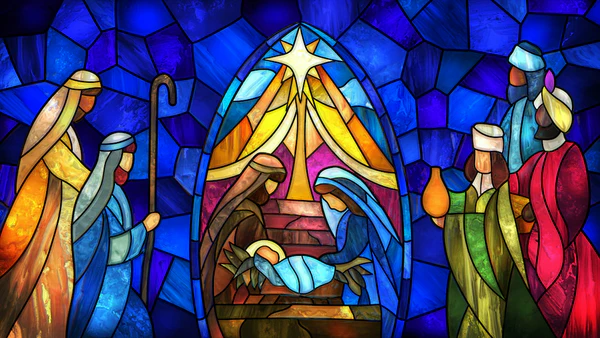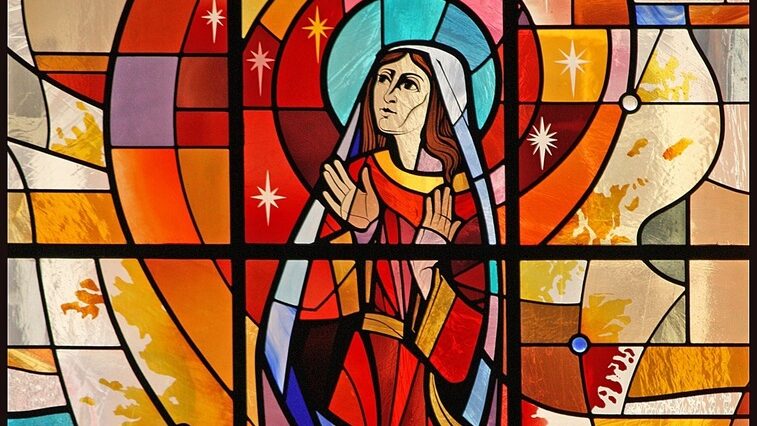The first two episodes of the recent FX documentary, “The Secrets of Hillsong,” detail the downfall of the church in New York City and around the globe. First, we watch Hillsong NYC and its pastor, Carl Lentz, rise to power and influence. Over the course of a decade, tens of thousands of people, including young people from diverse backgrounds who had abandoned or never attended church before, arrived en masse to hear Lentz preach. Justin Bieber got baptized. Selena Gomez showed up. Hillsong NYC was a cultural phenomenon. It looked like a rock concert, with a buff, tattooed and yet emotional pastor pacing the stage amidst crescendoing worship songs and powerful words of prayer. All the cool kids lined up outside in their ripped jeans and leather jackets, waiting to attend one of the seven regular weekend services.
But soon we learn what was happening behind the scenes: abuse of power, abuse of finances, sexual misconduct, disregard for women and racial/ethnic/sexual minorities. According to the documentary, this is an Icarus-like fall. Carl Lentz flew too close to the sun of Brian Houston, his mentor and founder of Hillsong who couldn’t stomach the degree of adulation and attention surrounding his protégé. Instead of arranging a cover-up, as Houston did in the case of other potential scandals, he seems to want to oversee Lentz’s disgrace.
We need ordinary churches
But the problem of Hillsong NYC goes deeper than the scandals surrounding a few celebrity pastors. The problem of Hillsong arises with the desire to be an extraordinary church led by extraordinary communicators and extraordinary musicians creating an extraordinary experience. When it comes to church, we don’t need to be entertained. We don’t need to be wowed. We need ordinary churches with ordinary people doing ordinary work in communion with an extraordinarily loving God.
I write that it is all ordinary, but of course, as C.S. Lewis once put it, “There are no ordinary people.” The only people we encounter are those created in the image of God, those formed and shaped with the purpose of participating in God’s work of redemptive love in and among us. And so, when those very ordinary people gather for an ordinary service in an ordinary building on an ordinary Sunday morning, it can become something quite extraordinary.
God’s big, wide, long love
Our pastor was out of town a few weeks ago, so she asked me to lead the service. I stood up front and looked to the pews as Joan, age 89, passed Communion to our daughter Marilee, age 12. Nearly eight decades apart, they looked each other in the eye before they shared the broken body and blood of Christ. When I stood in the pulpit to receive people’s prayer requests, I noticed a visiting family with a daughter with Down syndrome. Our daughter Penny is 17, and she also has Down syndrome. In the past few years, our congregation has welcomed a toddler with autism and other teenagers with intellectual disabilities. And here a new family sat, another unexpected indication that after years of this church welcoming Penny without any fanfare or special programs, other families with kids with disabilities might find this a safe and welcoming place, too.
I gazed out upon the congregation and I saw the single moms. I saw the older man who was told as a child that he wasn’t smart, the one who is now reading through the Bible on his own and soaking in the story of God’s big, wide, long love for humanity. I saw the stories of loss and the stories of hope.
We are the antithesis of Hillsong, in part because we are situated in rural Connecticut with an aging population. But ordinary churches can thrive in cities, too. The recent death of pastor and author Tim Keller, founder of Redeemer Church, also in New York City, underscores this truth. Yes, Keller’s preaching was extraordinary. And yet Redeemer worked hard not to become an extraordinary church. Keller himself was shaped and formed as a pastor in Hopewell, Virginia, with a small congregation of blue-collar workers. The spirit of that community carried to Redeemer, where Keller preached from behind a music stand wearing nondescript clothing flanked by traditional prayers and hymns. Keller established multiple churches throughout the city rather than one central megachurch dependent upon his presence.
Power of the gospel
Ordinary churches can be liberal and conservative in their theology. They can be found in cities and suburbs and on rural country roads. But they are all places where people find simple ways to connect to a transcendent, loving, guiding power outside of themselves. They are places where an unexpected community of diverse ages, abilities and backgrounds gathers to provide support and friendship and care. They are places going through the ordinary motions of reading the Bible, serving Communion, praying, eating together, caring for one another and caring for their community and expecting the Spirit of God to show up in their midst.
There are plenty of places to be impressed and entertained. Church does not need to be one of them. And let’s be clear: ordinary, non-impressive churches have plenty of flaws, but they are less likely to develop narcissistic leaders and toxic cultures. They are more likely to be dependent upon the work of the ordinary people. The power of the Christian gospel is not made manifest through celebrity sightings in the pews or auditoriums flooded with hipsters. The power of the gospel is made manifest when broken people gather together in ordinary spaces to participate in God’s ongoing, extraordinary work of love in this world.
EDITOR’S NOTE — The article was originally written by Amy Julia Becker, who is the author of four books including her most recent, “To Be Made Well: An Invitation to Wholeness, Healing, and Hope.” She hosts the “Love Is Stronger than Fear” podcast. It was originally published by Religion News Services.






